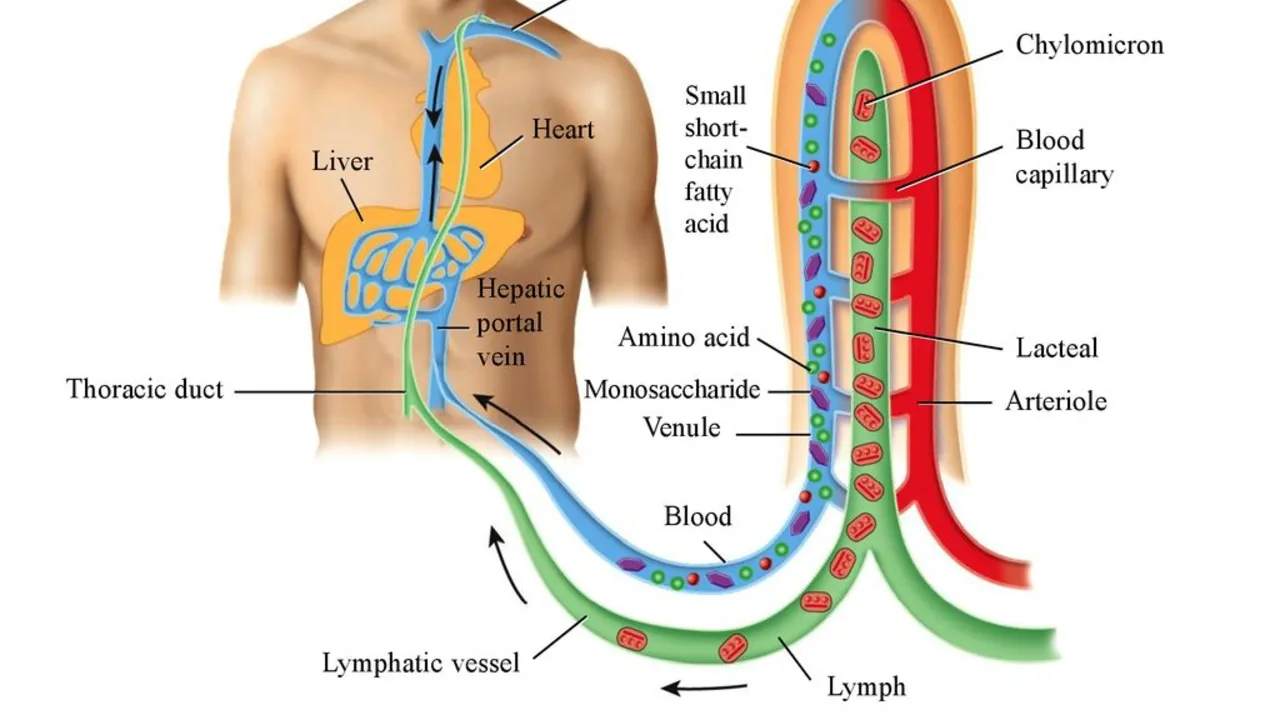Feeling bloated, low on energy, or just off? Chances are your gut is sending you a signal. A healthy gut does more than process food – it helps regulate mood, immunity, and even skin clarity. The good news? You can give it a boost with a few daily tweaks, no fancy diets required.
First up, fiber. Aim for 25‑30 grams a day from veggies, fruits, whole grains, and legumes. Fiber feeds the good bacteria, keeping the gut environment balanced. Swap white bread for whole‑grain, add a handful of berries to your cereal, and sprinkle chia seeds on yogurt – simple swaps that add up.
Probiotics are the next piece of the puzzle. Fermented foods like yogurt, kefir, sauerkraut, kimchi, and miso introduce live cultures that can repopulate your gut. If you’re not a fan of the tangy taste, a daily probiotic supplement with multiple strains can do the trick.
Stay hydrated. Water helps fiber move through the digestive tract, preventing constipation and giving microbes the environment they need to thrive. Aim for at least eight glasses a day, and consider swapping sugary drinks for herbal teas or plain water.
Mind your stress levels. Chronic stress can disrupt gut bacteria and increase inflammation. Short, regular practices like a 5‑minute breath count, a quick walk outside, or a brief meditation can lower cortisol and keep your gut calm.
Get enough sleep. The gut‑brain axis works both ways – poor sleep throws off bacterial rhythms, and an upset gut can make it harder to rest. Aim for 7‑9 hours of quality sleep; keep the bedroom dark, cool, and screen‑free at least an hour before bedtime.
Limit processed sugars and artificial sweeteners. High sugar feeds bad bacteria and can cause overgrowth, while sweeteners like sucralose may irritate the gut lining. Choose natural sweeteners sparingly, and keep dessert as an occasional treat.
Exercise regularly. Even light activity, like a 30‑minute walk, stimulates intestinal motility and encourages a diverse microbial community. Mix cardio with some strength training for the best overall benefit.
If you struggle with persistent issues like frequent gas, constipation, or heartburn, consider a short elimination diet to spot trigger foods. Keep a simple food diary for a week, noting meals and any symptoms. Often, dairy, gluten, or high‑FODMAP foods turn out to be culprits.
Remember, gut health isn’t a one‑size‑fits‑all deal. Listening to your body, making gradual changes, and staying consistent are the keys. Start with one or two tips from this list, watch how you feel, and build from there. Your gut will thank you with smoother digestion, steadier energy, and a clearer mind.

Hey there, mates! Let's get into something really exciting. Did you know that Calcium Acetate plays a critical role in our gut health, aiding in digestion and nutrient absorption? Intriguing, right? In this post, we're going to delve into this fascinating topic, unraveling how this compound can hugely improve our gut functions while promoting overall health. So join me on this journey to better health!
Read More